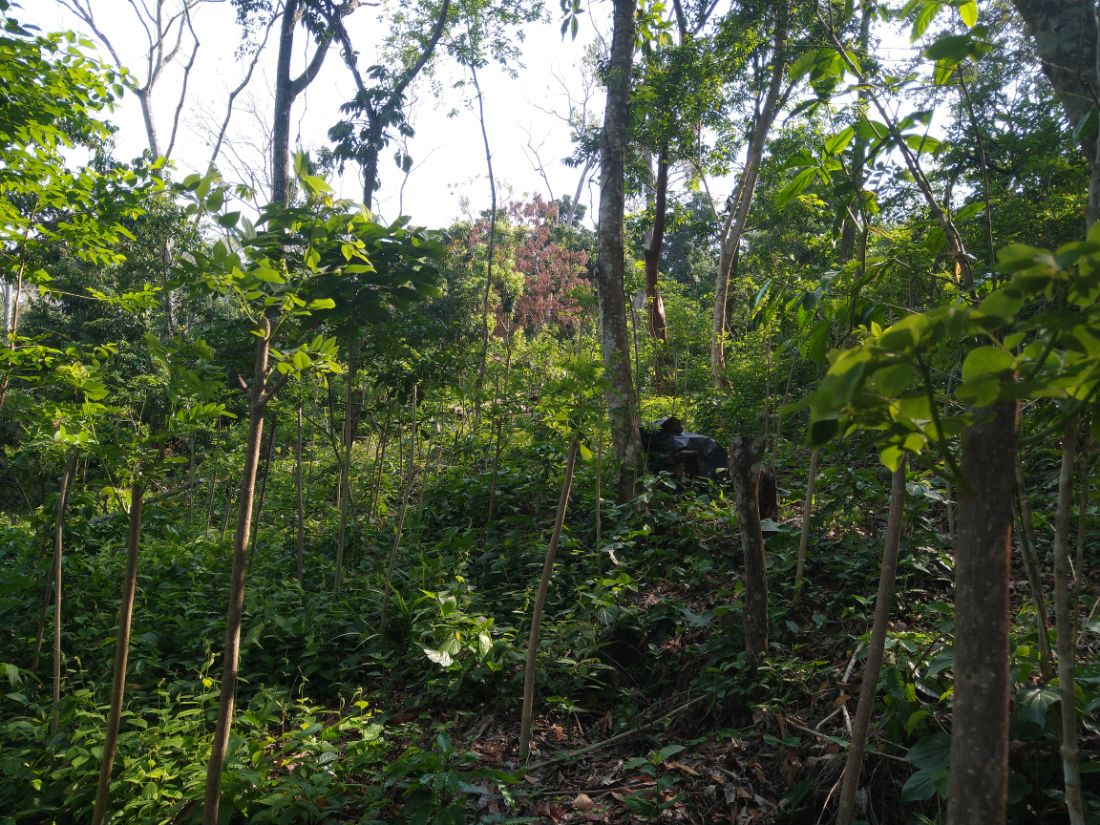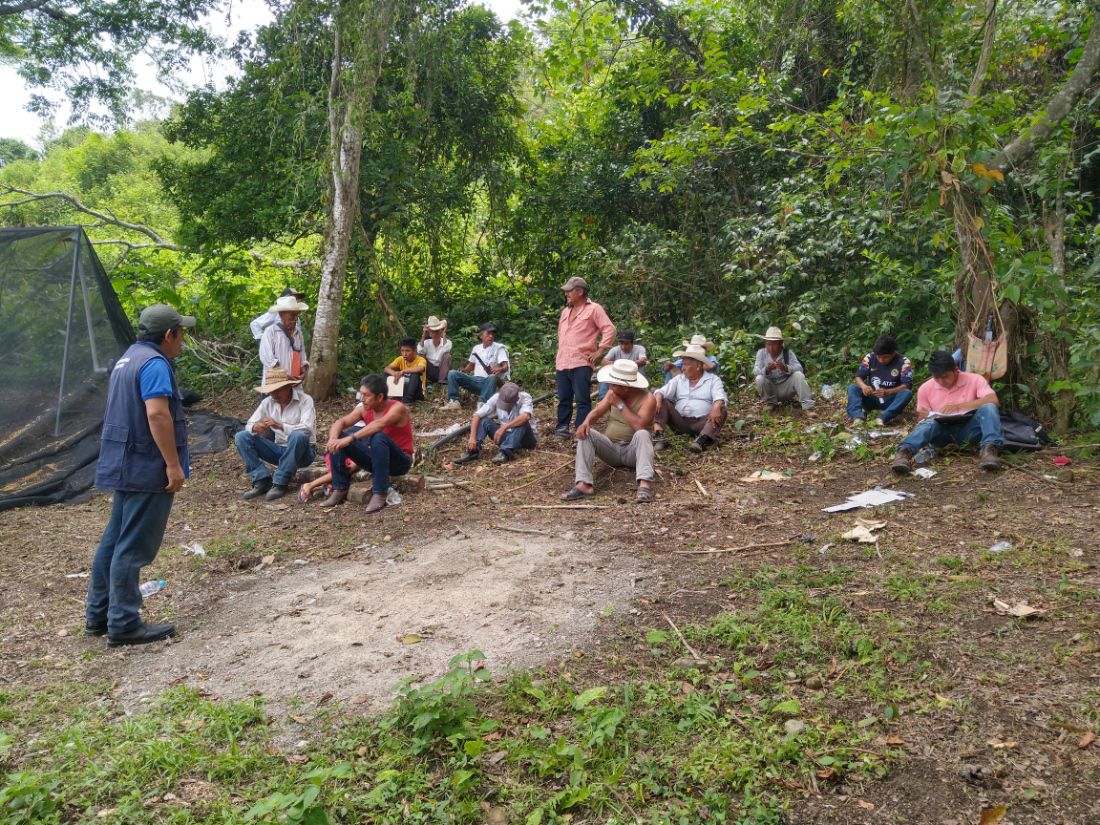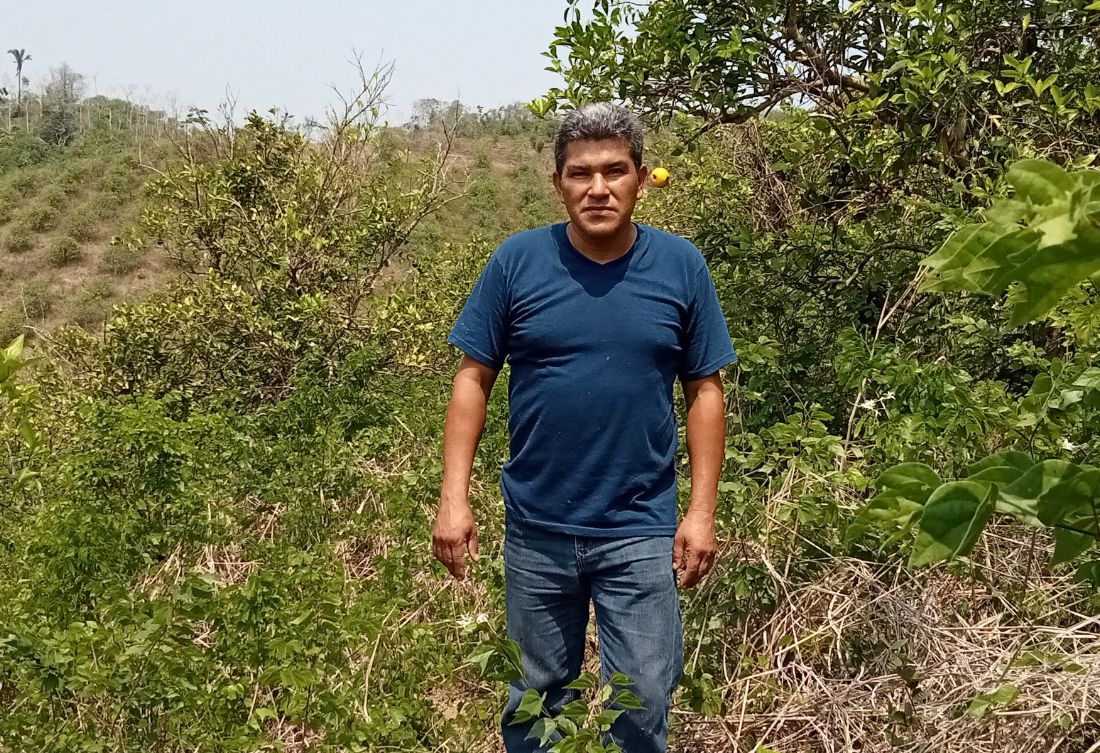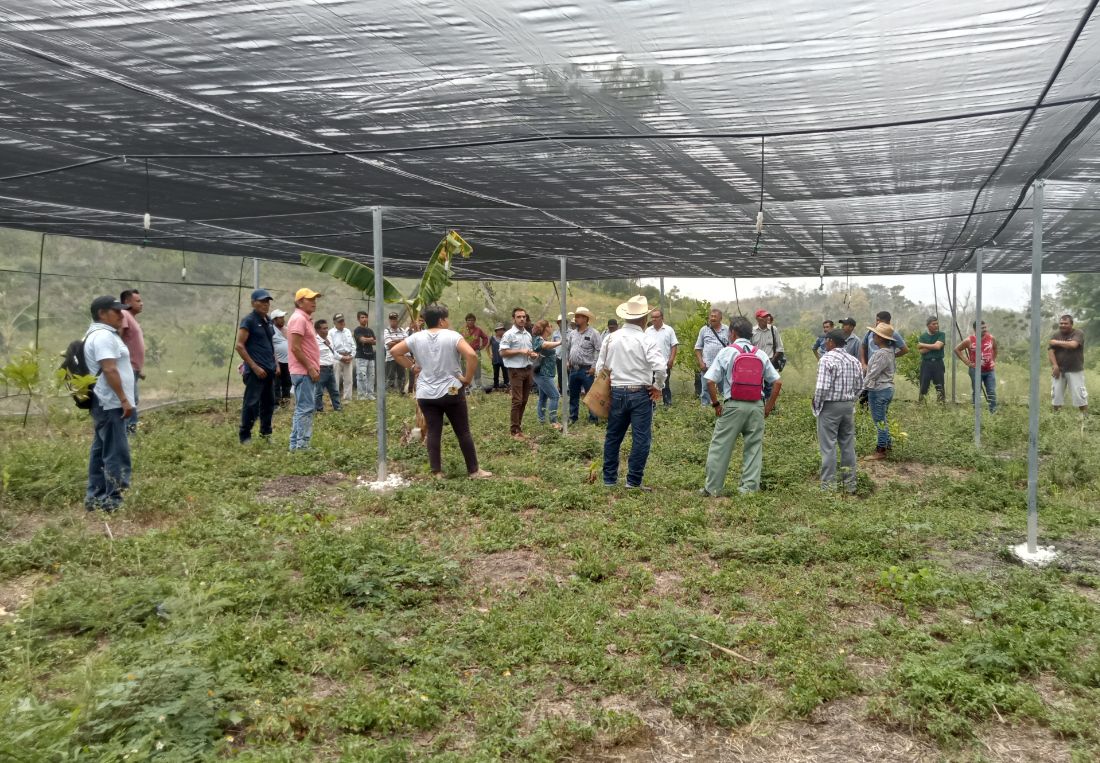Mexico, cradle of the vanilla culture
Mexico is one of the largest vanilla producing countries in the world, along with Reunion, Indonesia, Comoros and Madagascar. Originating from an orchid plant native to Mexico, vanilla was first noticed by the pre-Columbian Totonaques people, before being cultivated by the pre-Hispanic peoples and the Aztecs. After its discovery by Europe following the Spanish conquest, vanilla production developed in other countries. Mexico, the cradle of this ancestral culture, continues today to supply the world's vanilla production. In the state of Veracruz, where the flower was first discovered, local and artisanal vanilla production is threatened by competition from intensive production as well as the precarious economic situation of traditional farmers, who are tempted to turn to more profitable crops.

The benefits of agroforestry in vanilla fields
To support local vanilla cultivation among small-scale producers, the project aims to develop agroforestry by introducing trees into the vanilla fields. These trees will contribute to the direct protection of the vanilla plants by sheltering them from rain and sunlight, enriching the soil with nutrients and preventing soil erosion. Tree species such as pichoco, piñon, cocuite, laurel, and ramón will act as stakes for the vanilla plants and support their healthy growth. The agroforestry systems created will also allow farmers to diversify their production by harvesting fruits from trees such as mango, zapote and jonote. These fruits will be used for food or for sale on markets in order to generate additional income and improve their economic situation.
Before the implementation of the project, during the months of March and April 2022, AMEBOSCO brought together 110 vanilla producers in the regions of Totonacapan and Huasteca through meetings to introduce the project and plan activities.

The first plantings within the vanilla fields took place from March to May. A total of 12,136 trees in the Totonacapan area and 14,000 trees in the Huasteca area were planted in agroforestry, mainly as stakes to support the growth of vanilla plants. Due to the lack of water caused by a very dry and hot spring, the decision was made to wait for the rainy season to continue planting.

Conserve native tree species through seed collection and production in nurseries
The project also aims to produce and conserve native tree species such as white cedar or ceiba by collecting endemic seeds from existing forests. These seeds are then cultivated in nurseries before being integrated into agroforestry within the vanilla fields.
In the spring of 2022, five community nurseries were built with the participation of the vanilla producers associated with the project. The collection of seeds in the native forests has begun in parallel, particularly from an endemic species, the ceiba, a tropical tree whose trunk is covered with thorns and particularly difficult to climb to collect the seeds. It is then a question of waiting for its fruits to bloom to release the seeds, which fly away with the wind, wrapped in a cottony envelope.
